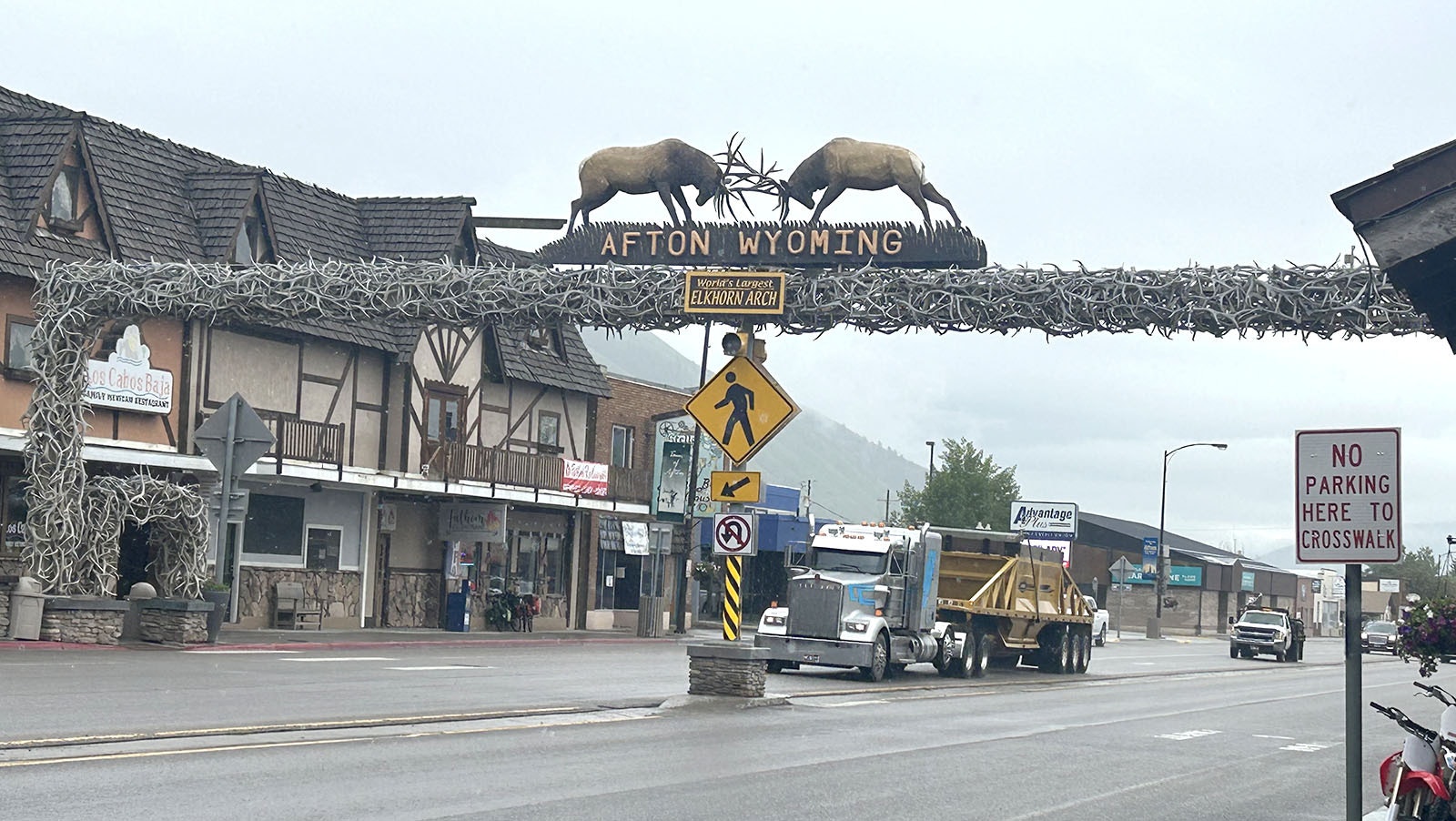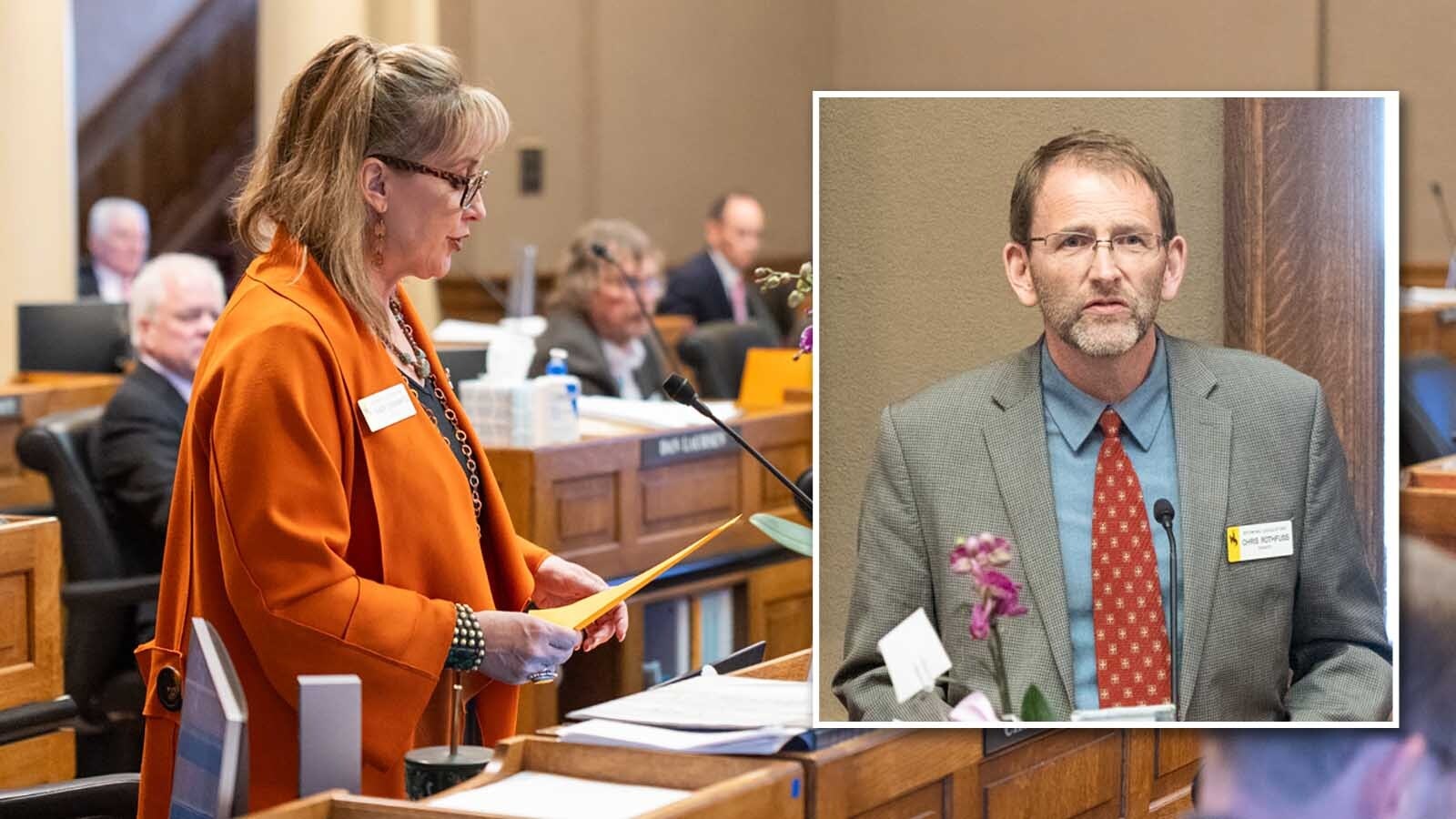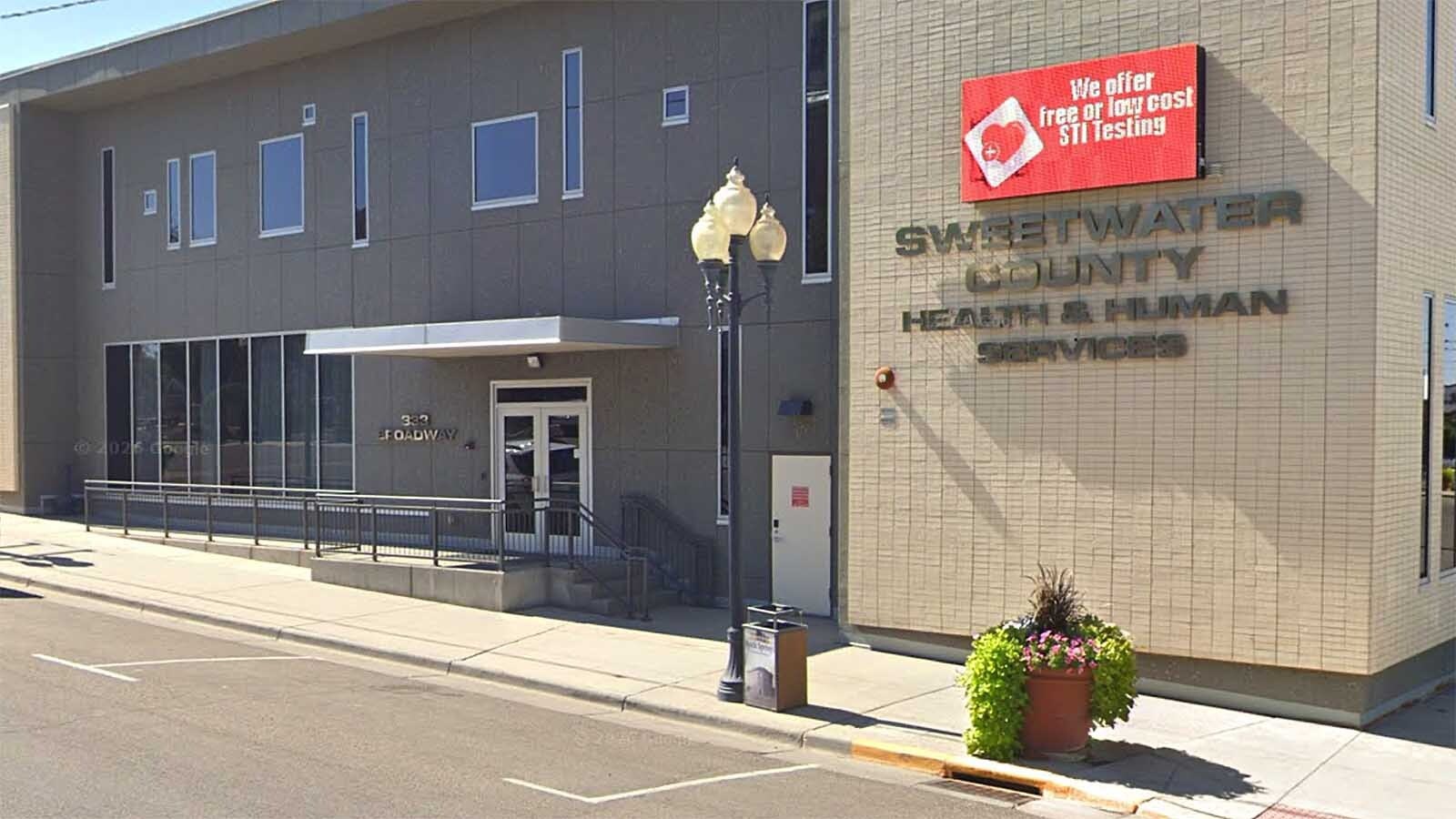Lincoln County is a great place to live and a hard place to move to.
Housing, expansion and managing growth to preserve the traits that make the area desirable in the first place are becoming big challenges.
There are lots of jobs, but few affordable housing options, and prices for bare land and existing homes are trending up.
Building contractors and subcontractors are booked out for two to three years.
Lincoln County's comprehensive plan, a strategy used to manage growth, was last updated in 2005.
Residents are concerned about water quality because there are lots of septic tanks but few septic systems.
Highway 89, the asphalt ribbon that links Lincoln County communities from Alpine to Cokeville, is a narrow two lanes along most of its length through the county.
Dan Santos, a Realtor who works in Lincoln and Teton counties, told Cowboy State Daily he had a client with a job with Star Valley Health as an anesthesiologist who, after shopping the local housing market for several weeks, concluded that she couldn't afford to live there.
According to Indeed.com, the average salary for an anesthesiologist in the United States is $331,937 a year.
"As prices have gone up in Jackson, demand increased in Victor and Driggs (Idaho) first, and then spread into Lincoln County and into Sublette County to some degree," Santos said. "The three towns with the fastest growth in Wyoming right now are Alpine, Etna and Thayne."
Housing Market
Santos said there are only a few homes listed under $300,000 in Lincoln County. Between $400,000 and $700,000 is where perspective home buyers will find most of the listings. He added that most of the demand for homes in Lincoln County is from people leaving Teton County.
Lincoln County Planning Director Robert Davis said there are now 69 projects requiring permits underway in Lincoln County. Some of them are for gravel pits or small commercial developments, but the bulk of them are either minor or major subdivisions.
Major subdivisions are for six building lots or more. Most of the homes planned for these subdivisions are on 5-acre or larger lots, Davis said.
"We anticipate most of them on these bigger lots being higher-end homes and barndominiums," he said.
Barns with living quarters, known as barndomiums, have become popular recently because they cost less per square foot to build.
Davis agrees that Jackson Hole residents are pushing south to find more affordable living options. Another theory related to Lincoln County growth is that the COVID-19 pandemic chased people out of cities and into scenic mountain towns where outdoor recreation is plentiful. Many of these same people also work from home and can live where they want.
"There is still a lot of agriculture and open space here, but I hear concerns that we are building out too fast and not building out smart," he said. "We need to manage the growth so we don't create bad irreversible issues to deal with later."
Economic Trends
He said the county comprehensive plan needs to be updated, and to do that officials need to identify trends in the economy. Commercial development follows rooftops, and the county needs to identify adequate locations for business development.
"Right now there's lots of talk about needing more density to support a sewer district," he said. "We are looking at sewage treatment options that can be put into a subdivision and then later expanded to take in additional development."
Increasing home density makes it more efficient and less costly to justify municipal sewer and water systems.
The Wyoming Department of Environmental Quality is starting to require enhanced septic systems for single homes that reduce the amount of fecal particulates released into the soil, he said.
In the southern end of Lincoln County the economic outlook is for mineral development, nuclear power development and carbon capture projects. In the northern end of the county, they expect agriculture and tourism to continue to drive the economy.
Another concern Davis raised relates to part-time residents.
In a lot of mountain towns, expensive homes are built that drive the housing market up. Then, people live there part-time and either rent the home out or let it sit vacant. This drives middle-income people out of a community.
"This impacts the supply of houses and raises housing costs," Davis said. "It makes it harder for middle income people like schoolteachers, fire fighters and paramedics."
Property Taxes
It also drives up property taxes, which is a big concern in Lincoln County.
Property owners across Wyoming have seen their valuations increase over the past two years. The average increase for the state was 16% in 2022. Last winter, Sen. Dan Dockstader, R-Afton, told a state Senate committee that a beat-up doublewide trailer in Lincoln County sold for $675,000.
Santos said the price of a 1-acre building lot he's been keeping an eye on near Thayne has doubled from $75,000 to $150,000 over the past year.
"A big part of how this county develops going forward is public engagement," Davis said. "As the population grows, we need to maintain open space, emergency facilities, schools and shopping that is easy to access."





